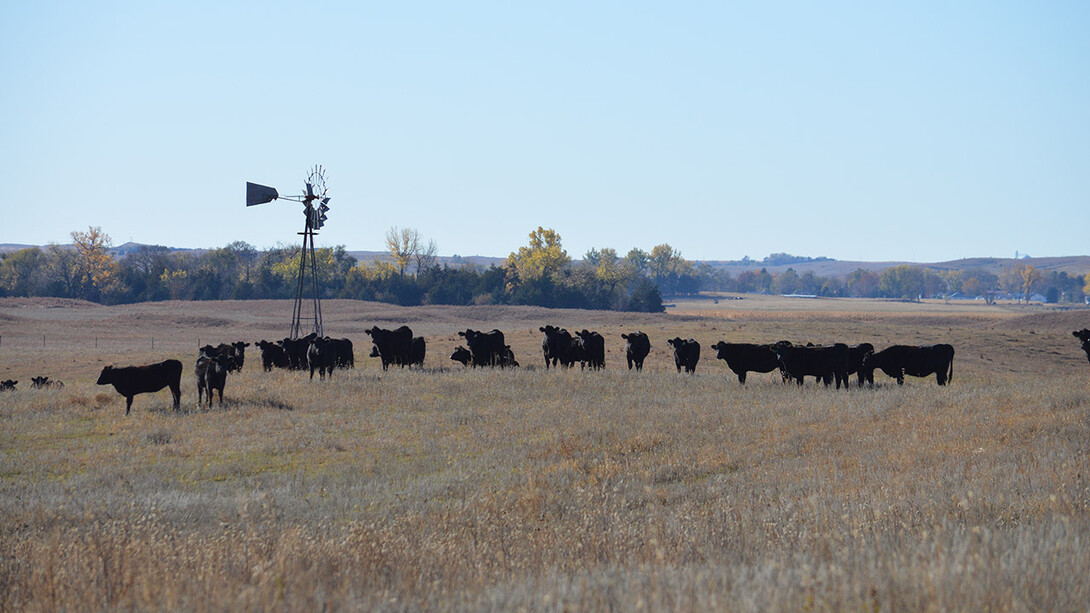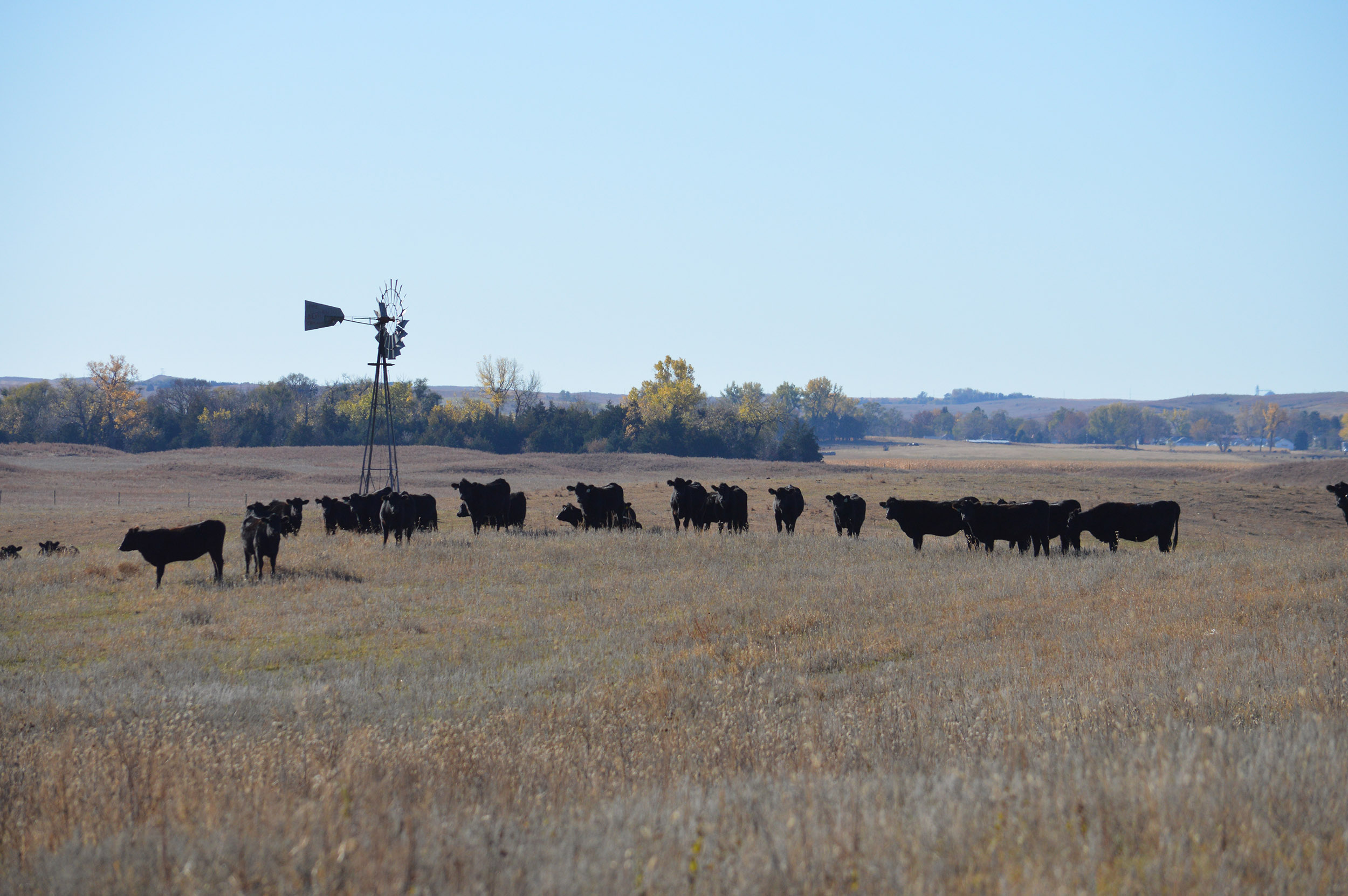
The beef industry faces a number of challenges, including climate change, growing pressure on natural resources, increasing worldwide demand for beef, and economic pressures facing producers. The University of Nebraska is leveraging its established beef research programs; statewide network of research centers and working ranches; and location in the heart of the United States and the center of cattle country to address these issues by creating the Nebraska Integrated Beef Systems Hub.
The hub, one of the first of its kind, brings together faculty members in wide-ranging disciplines from beef genetics to agricultural resilience and resource conservation to consumer interests, along with cattle producers and industry partners, to solve new challenges facing the beef industry.
“These challenges are significant,” said John Pollak, coordination co-lead for the NIBS Hub at the University of Nebraska and former director of the U.S. Meat Animal Research Center. “Nebraska is one of the few land-grant institutions with a significant statewide system of infrastructure supporting beef research and has programs already in place that are producing information and recommendations to address these challenges.”
Leveraging a robust history of interdisciplinary work, the University of Nebraska–Lincoln is producing results. Milestones of beef systems research, education and teaching affiliated with the hub include:
A $2.4 million beef systems initiative project to investigate improved land use efficiency through the integration of livestock and crop production systems, supported by a $1 million Foundation for Food and Agricultural Research grant;
A $1 million USDA Agricultural Research Service grant for the establishment of a Western Rangeland Livestock Center to develop precision-based nutrition and technology strategies to optimize the health and productivity of western livestock and the rangeland ecosystem at the Gudmundsen Sandhills Laboratory; additionally, a collaborative adaptive management research project at the Barta Brothers Ranch on ranch management tradeoffs funded by the Nebraska Environmental Trust and USDA/SARE grants coordinated by the Center for Resilience in Agricultural Working Landscapes and the Center for Grassland Studies with faculty members from the Department of Agronomy and Horticulture, School of Natural Resources and Nebraska Extension;
Creation of an undergraduate degree program in Grassland Systems with options in Grazing Livestock Systems and Grassland Ecology and Management in the Center for Grassland Studies.
The hiring of seven new beef faculty with expertise in disciplines ranging from cow-calf and feedlot production to precision management and animal health and well-being. These experts integrate teaching, research and extension in their appointments and are strategically stationed across the state;
Collaboration with the newly launched Center for Resilience in Agricultural Working Landscapes, which focuses on maintaining productive and resilient landscapes for the production of food, energy, water and ecosystem services landscapes;
Significant donor contributions toward construction of a new, state-of-the-art Feedlot Innovation Center at the Eastern Nebraska Research, Education and Extension Center;
Plans for a new Ranching Innovation Center at the Gudmundsen Sandhills Laboratory.
According to Pollak, the NIBS Hub is working today to enable better decisions for the industry tomorrow, by capitalizing on initiatives already taking place at Nebraska. For example, an interdisciplinary team has been formed to coordinate university activities that address the emerging issues of carbon banking, carbon markets and conservation payments to the nation’s farmers and ranchers, and regenerative agriculture.
“With broad capacity across research, teaching and outreach, Nebraska is poised to lead nationally and internationally in the development of resilient, integrated systems for the production and delivery of nutritious, high-quality beef,” said Archie Clutter, dean of the Agricultural Research Division within Nebraska’s Institute of Agriculture and Natural Resources. “We are on a journey to enhance and continue building resilient beef systems in Nebraska.”








